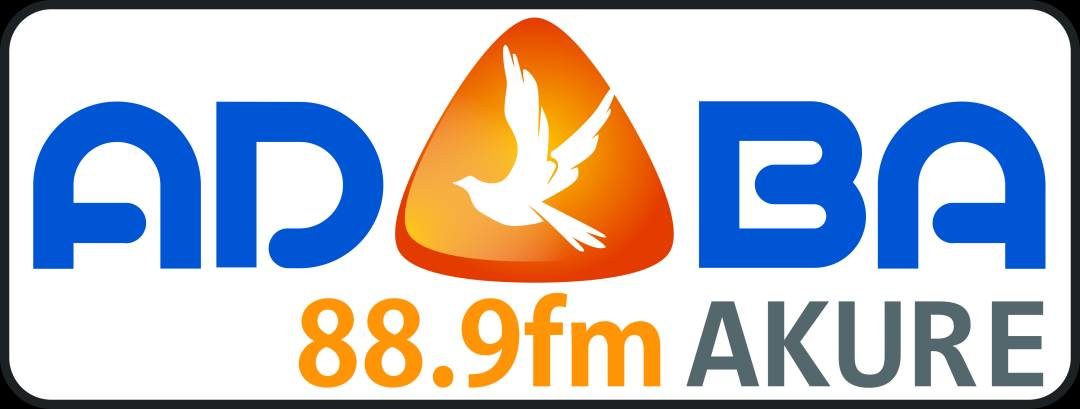Positives Of New Company And Allied Matters Act, CAMA 2020
The Company and Allied Matters Act, 2020, otherwise known as CAMA 2020, may have been dubbed the law of karma in some quarters, especially many who only read and listen to controversies that have been generated from the signing into law of the bill which effectively repeals the Company and Allied Matters Act 2004 that was hitherto in operation in Nigeria.
The Christian Association of Nigeria, CAN, has not hidden its disdain for a section of the new law it describes as ungodly and unacceptable. In a statement by its president, CAN pinpoints ‘spiritual responsibilities and obligations’ of the church as reasons for its position against the new law, arguing that the church cannot be controlled by government.
CAN warns that the law is an “invitation to trouble that the government does not have the power to manage”. It also advises government to focus on the provision of infrastructure and adequate security, a statement that some may term a veiled attempt to pooh-pooh government’s failure at stemming the tide of insecurity across the country.
If we were to go by what obtained in the early days of the church, the church, especially the pope, was superior to government and was in fact appointing kings as far as Spain and France. But with modernity has come change and in developed climes, the church does not exist without government’s regulations, especially as regarding the audit of church account.
This news commentary does not seek to either criticise or condemn the position of CAN or the new law, but it must be noted that CAN has neither condemned CAMA 2020 in its entirety nor is the law entirely about the church as many who have not bothered to read the new law have come to believe.
CAN specifically notes section 839 of the Company and Allied Matters Act 2020 as the bone of contention.
Section 839, which is on the suspension of trustees and appointment of interim managers, states that “the Commission may by order suspend the trustees of an association and
appoint an interim manager or managers to manage the affairs of an association where it reasonably believes that (a) there is or has been any misconduct or mismanagement in the administration of the association and (b) it is necessary or desirable for the purpose of —
(i) protecting the property of the association…”
The point being made is that the law is beyond this section and would bring changes that would enhance the ease of doing business in Nigeria.
Part of the gains of this new law is that there is now what is know as one person company (OPC) which means that a company many be owned by one person as against the old provision that a company could only be incorporated by two persons with capacity to form a company.
Before now, the consent of the Attorney-General of the Federation (AGF) must be obtained in the formation of companies limited by guarantee before incorporation. Failure of the AGF to grant this consent on time has been an impediment to the ease of doing business. The new law now states that the AGF is expected to either give his consent or give reasons for withholding his consent within 30 days. Where he does neither, it is assumed that the AGF has no objection to the application.
The appointment of company’s secretary, which was mandatory for all companies under the repealed CAMA, 2004 is now optional for small companies. Also, private companies can now hold their meetings through electronic means, in line with modern trends and Covid-19 realities. However, public companies are still to hold their meetings physically.
The above and many more are the positives of the Company and Allied Matters Act, 2020. This is why it behooves all to read it and not throw away the baby with the bathwater.
Written by Oladimeji Daniels

